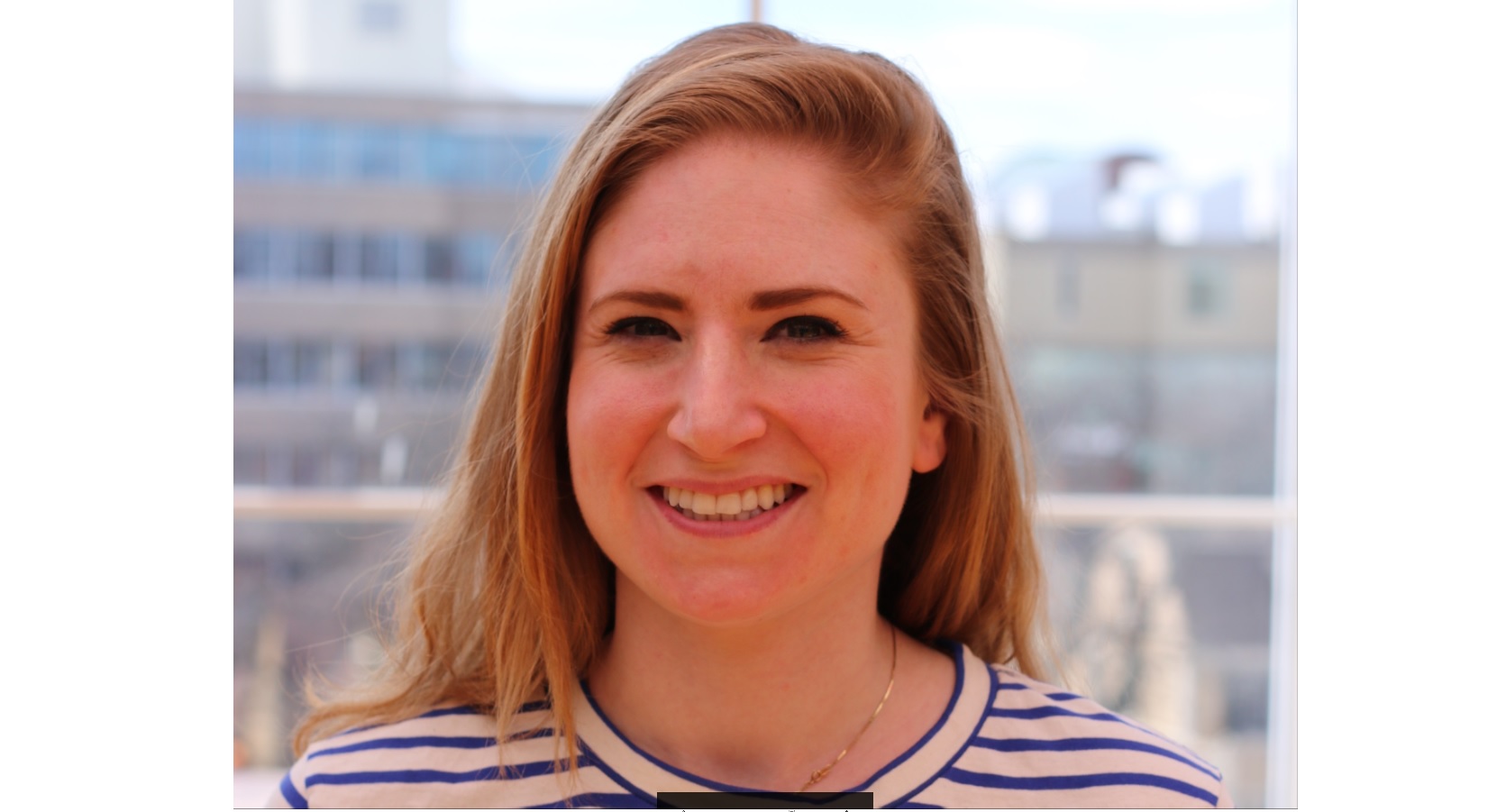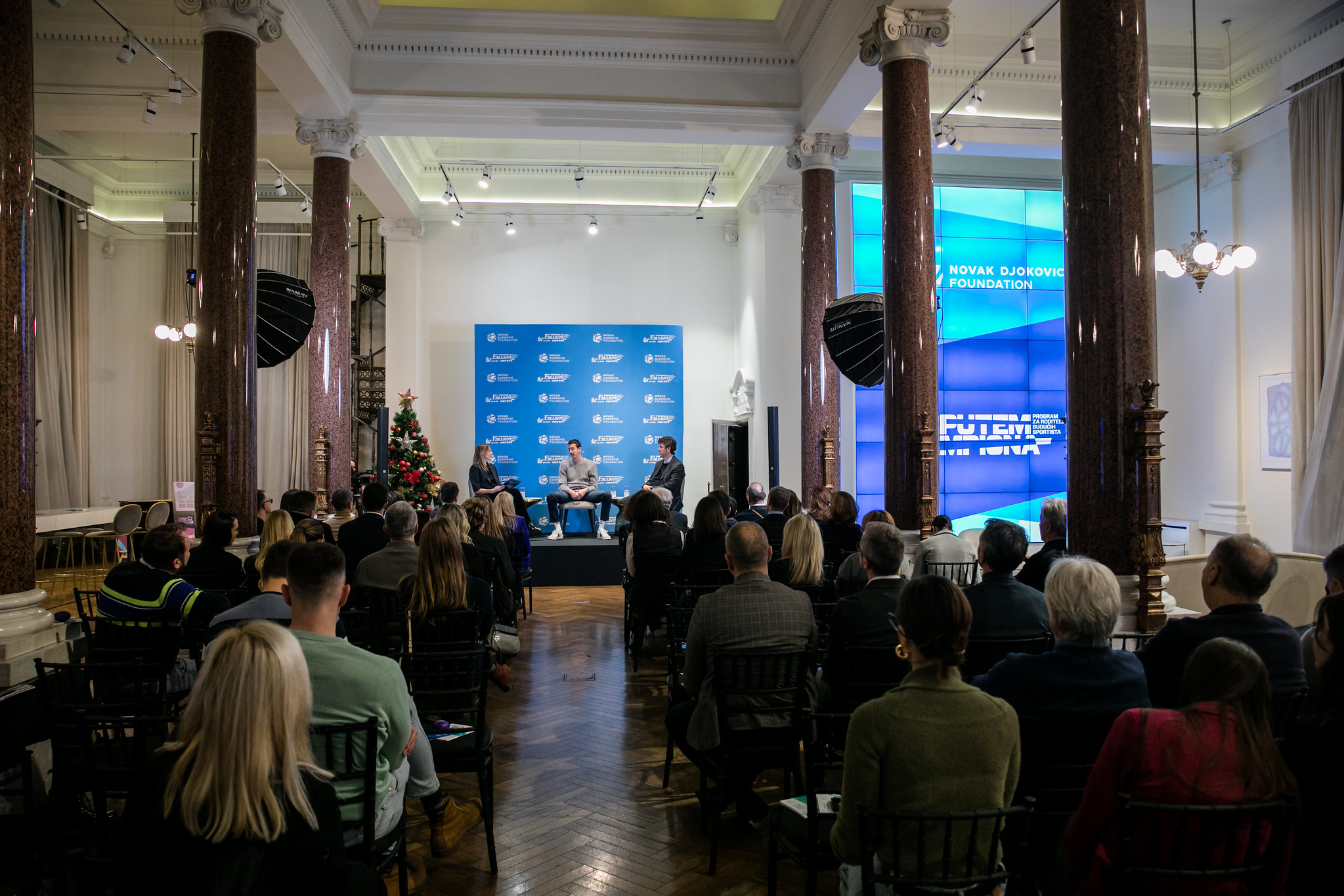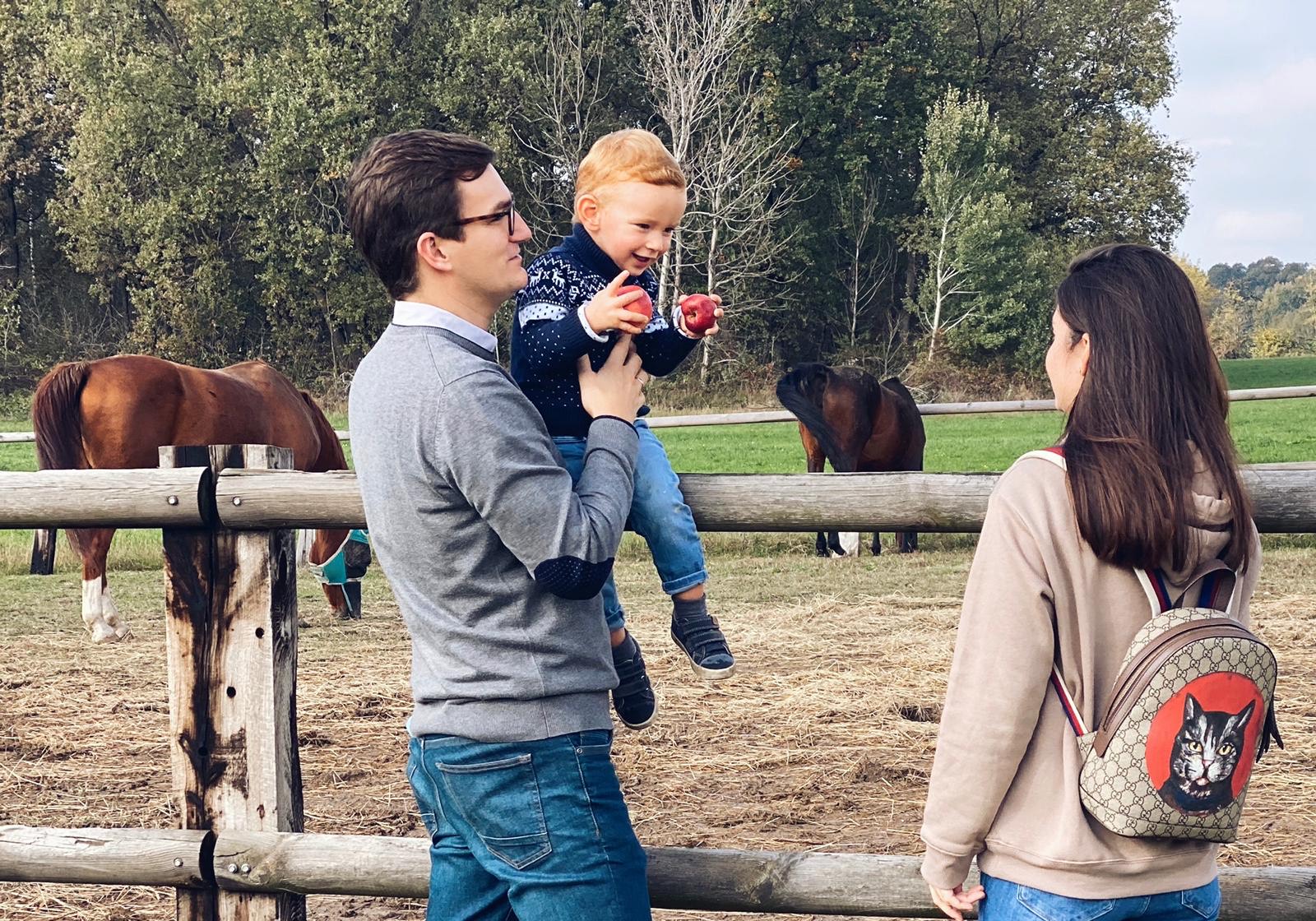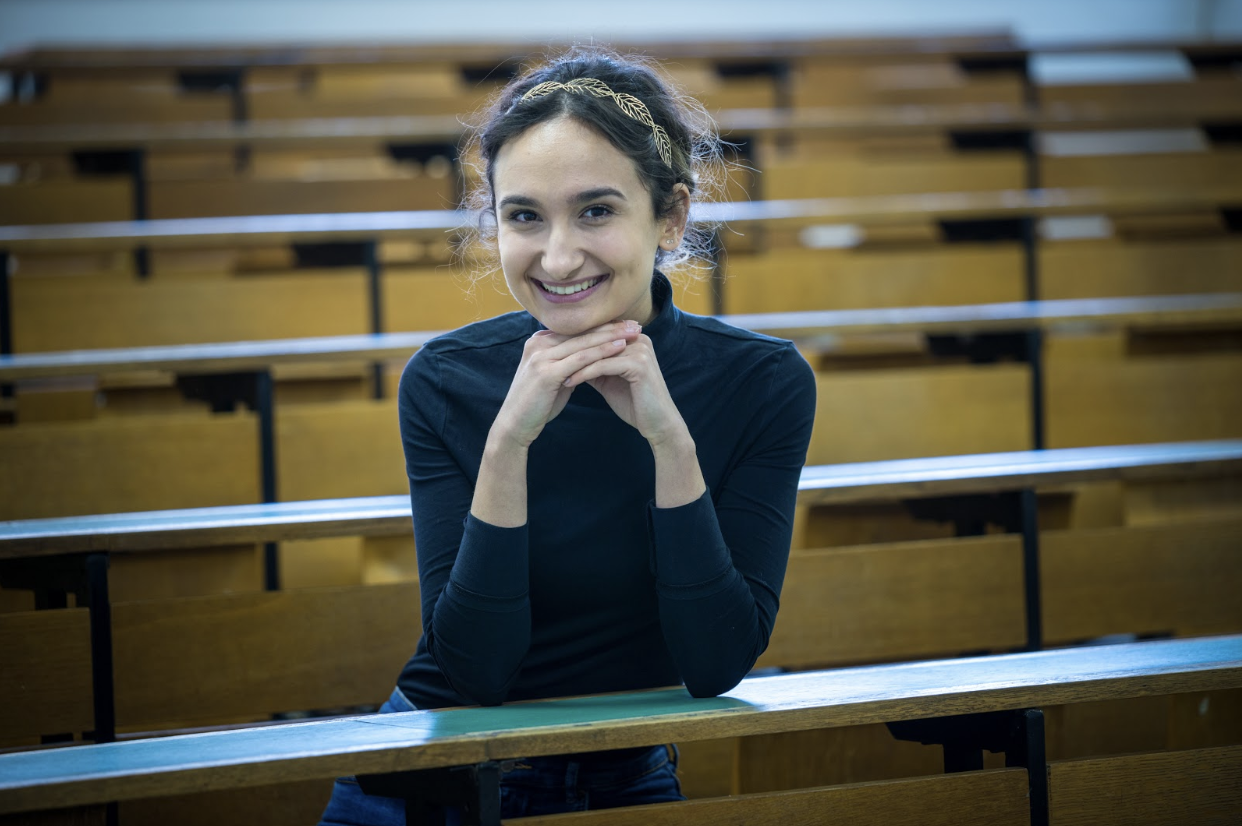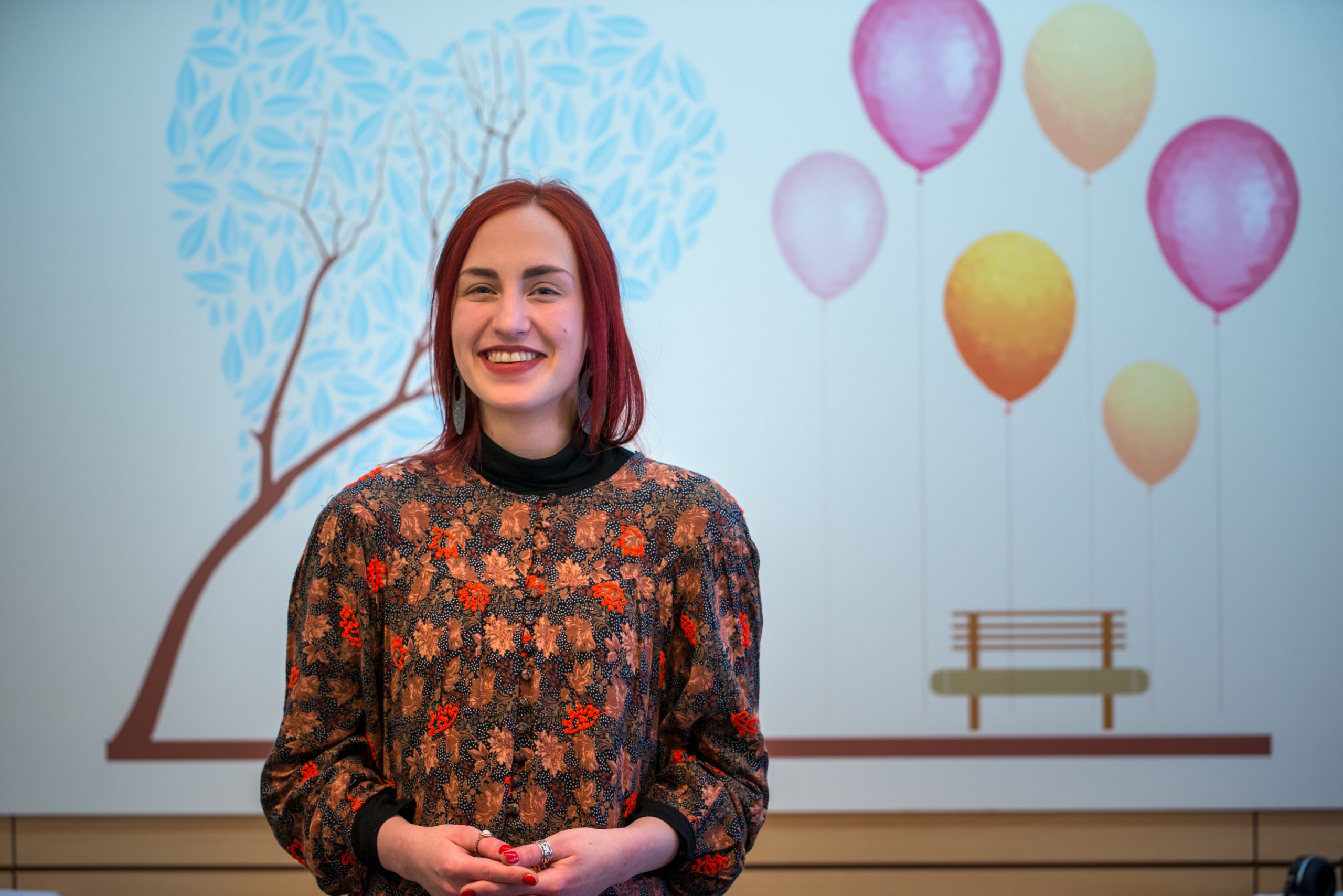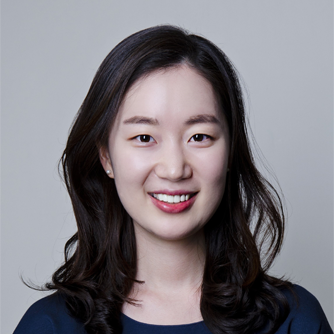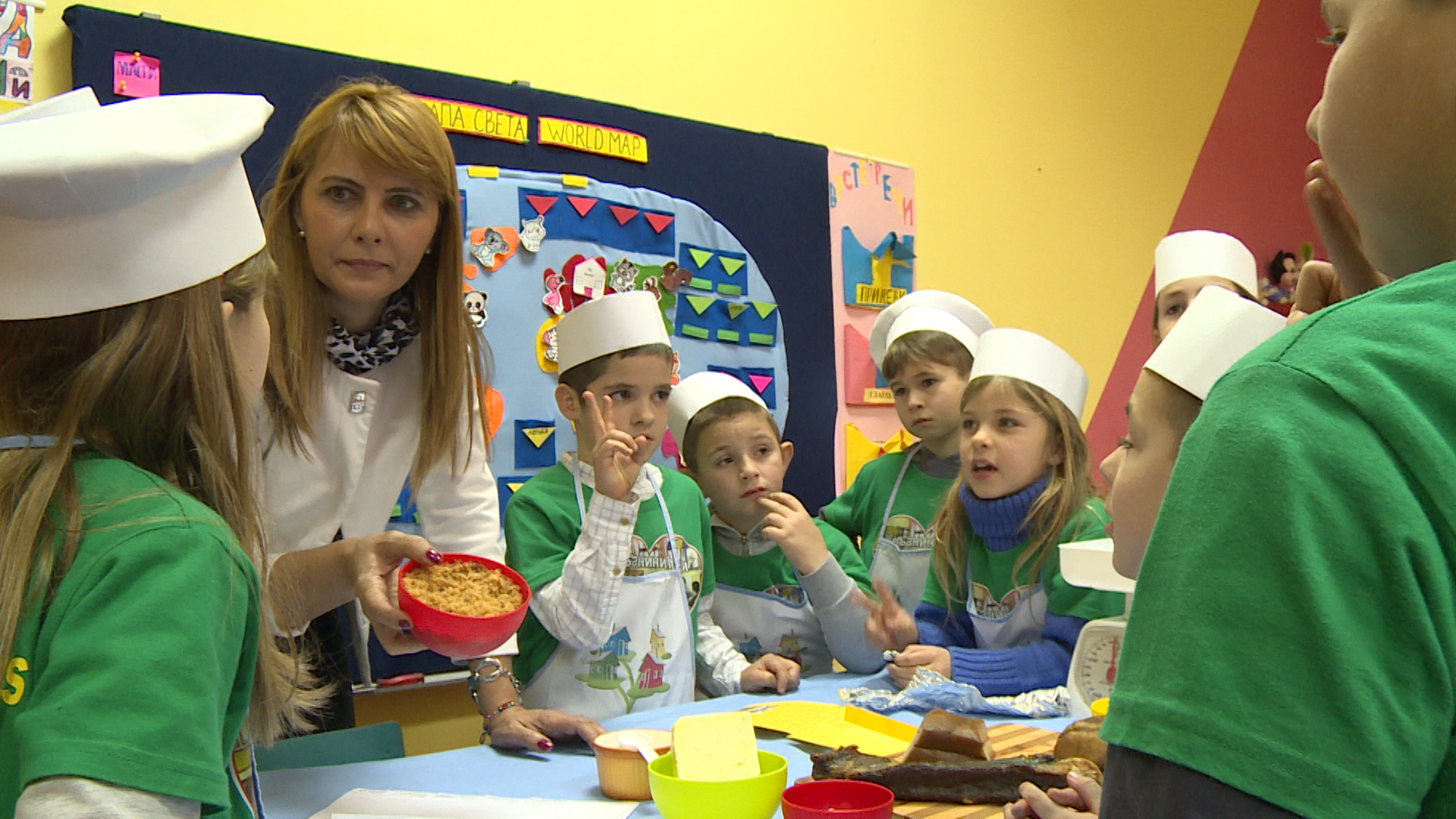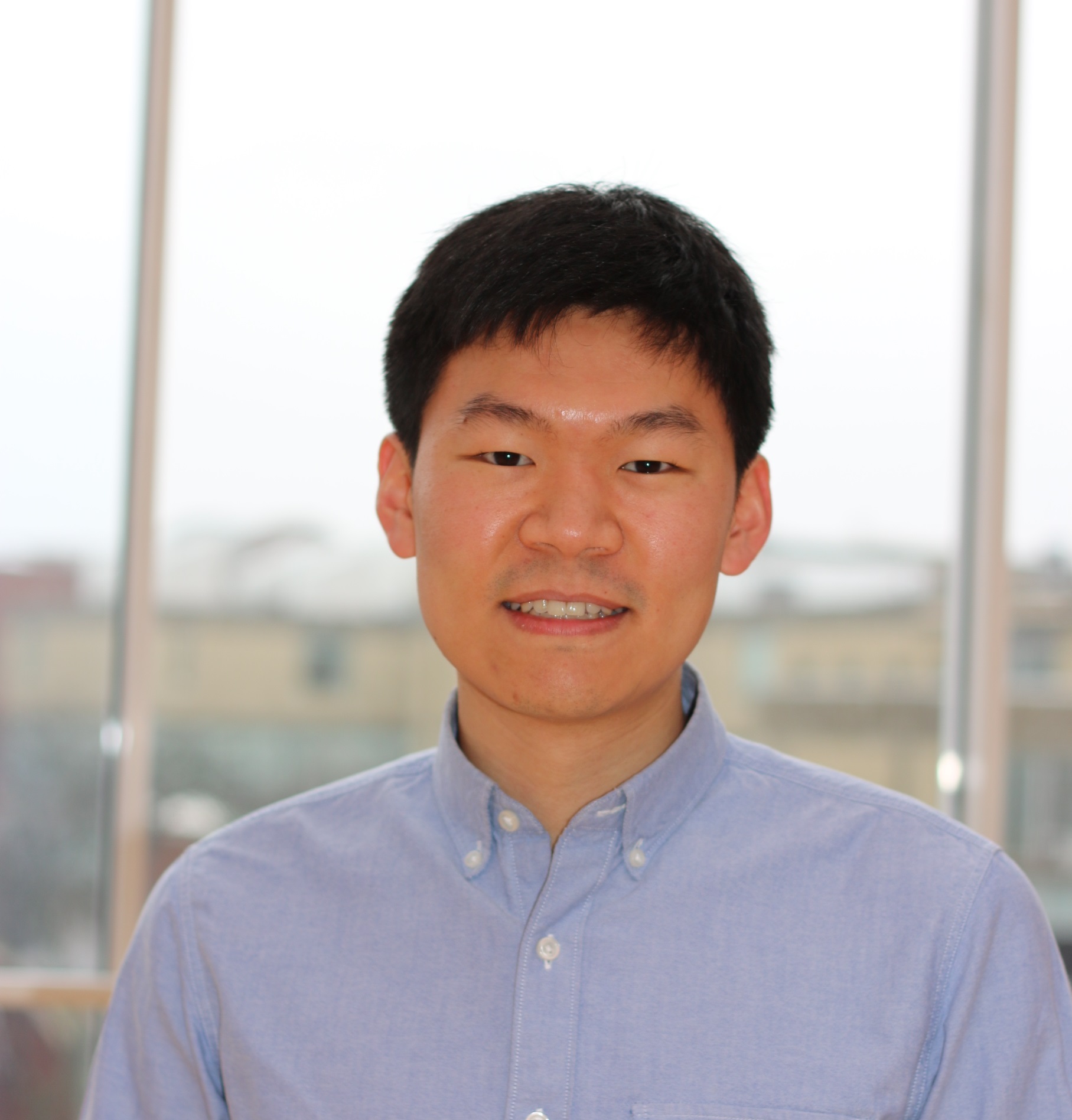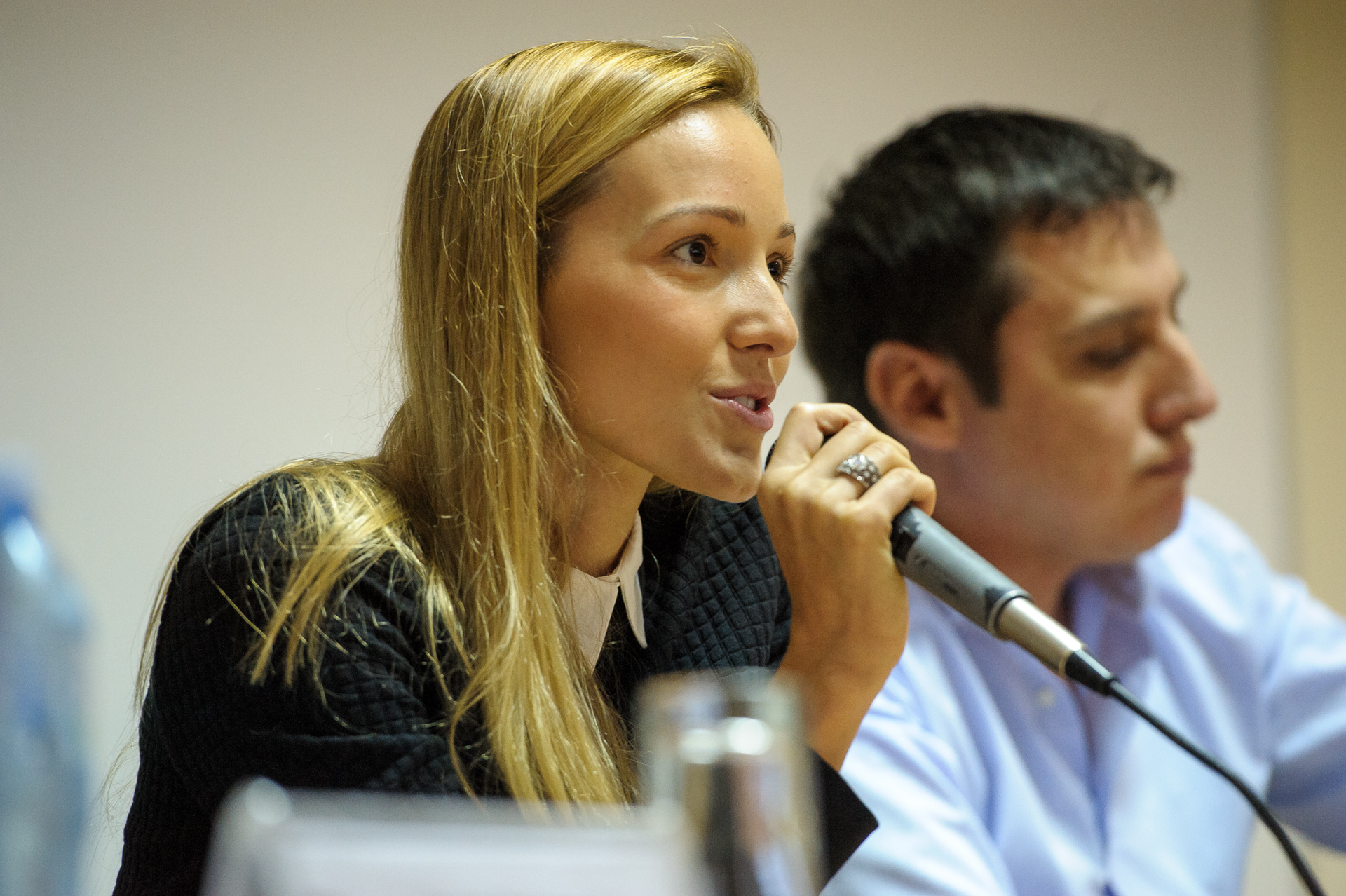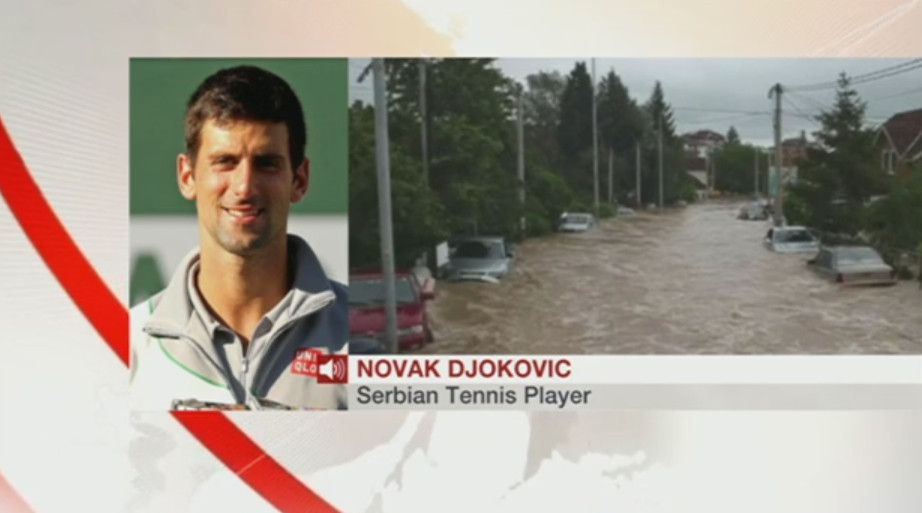The Novak Djokovic Foundation and the Center on the Developing Child at Harvard University have awarded four Harvard advanced doctoral students the inaugural Djokovic Science and Innovation Fellowship. Sonia Alves, Joshua Jeong, Rebecca Lebowitz, and Linda Zhao are all in the advanced stages of doctoral programs across the university, and will each receive a grant during the 2017-18 academic year to support their groundbreaking research.
Global CEO of the Novak Djokovic Foundation, Alberto Lidji, sat down with the Fellows to discuss their current research focus and thoughts on the Djokovic Fellowship. Today we hear from Rebecca Lebowitz.
– Rebecca, I’d love to know a little bit more about your academic background.
– I started as a teacher in the Washington, D.C. Public Schools sector teaching English and Spanish. This was mostly to 3rd grade students who were studying at a bilingual school. My certification was in special education and this sparked my interest in struggles around reading so I came to Harvard to get my Master’s in reading and became a licensed reading specialist.
It was during that time, where I realised I felt really stimulated by the research process, and that’s why I applied to become a doctoral student. It had shifted how I viewed myself – moving from just a practitioner to a practitioner and researcher.
– And could you tell me about the current research you are working on?
– My current research focuses on teachers as caregivers in early childhood development, which is why this particular Fellowship appealed to me. I’m interested in teacher quality and capacity, specifically in the US where teachers are really under-utilised and underserved. This situation then trickles down to the children who are then neglected. Alongside this I am passionate about professional development systems, specifically instructional coaching of early childhood educators as a way of building teacher capacity.
What I plan to turn this into is a mixed-method dissertation. The quantitative part uses a large dataset from the National Center for Research on Early Childhood Education (NCRECE) of a professional development study they did about an instructional coaching initiative. I am looking to find the answer to: “how much of an instructional coaching initiative is enough to increase teaching quality?” Then the qualitative part of my dissertation involves using interviews to uncover insights about the relationship between instructional coaches and the teachers that they serve. We know that instructional coaching can be beneficial to increasing caregiver capacity but at this stage we don’t really know how. I want to find out how teachers perceive these relationships and what motivates them to improve their practice.
– It sounds like you’re in two minds, if not more, in terms of what to do next?
– Absolutely. I’m like “help me figure out what I want to do!” I think I probably see myself in a school system, as a professor of practice or something similar. I don’t think I’ll ever want to completely lose the part of me that is linked to practice. But I’m open to how that will look when I’m employed. Hopefully I get employed.
– What are you looking forward to with regards to the Djokovic Science and Innovation Fellowship?
– I love interdisciplinary work and that will be one of the most exciting parts of the Fellowship for me. Working with the other students, who are all from different schools, I’m interested to see how we will all translate our research into practice.
– If you were looking to distil the state of early childhood development in one point, what point would that be?
– In medicine there is a clear, almost seamless link between research and practice, in the way that research clearly informs practice. However, in early childhood education we don’t really have that bridge, and if we do it’s very weak and exceptionally long. A lot of research that is done is siloed. I think we need to shore up the link between educational research and educational practice; that is when we will see a real breakthrough.

